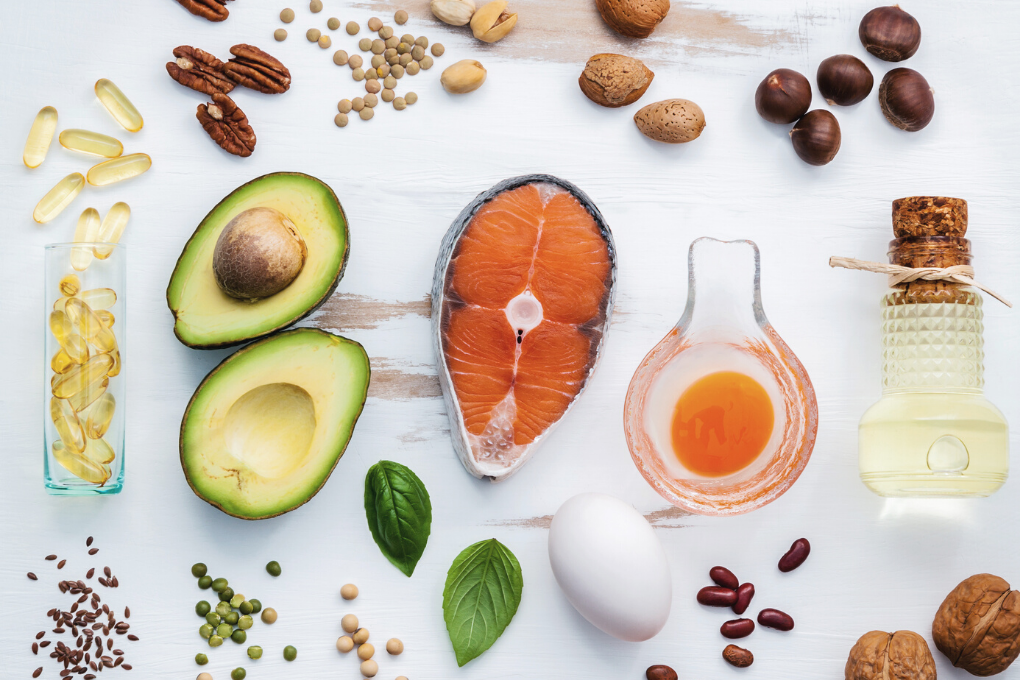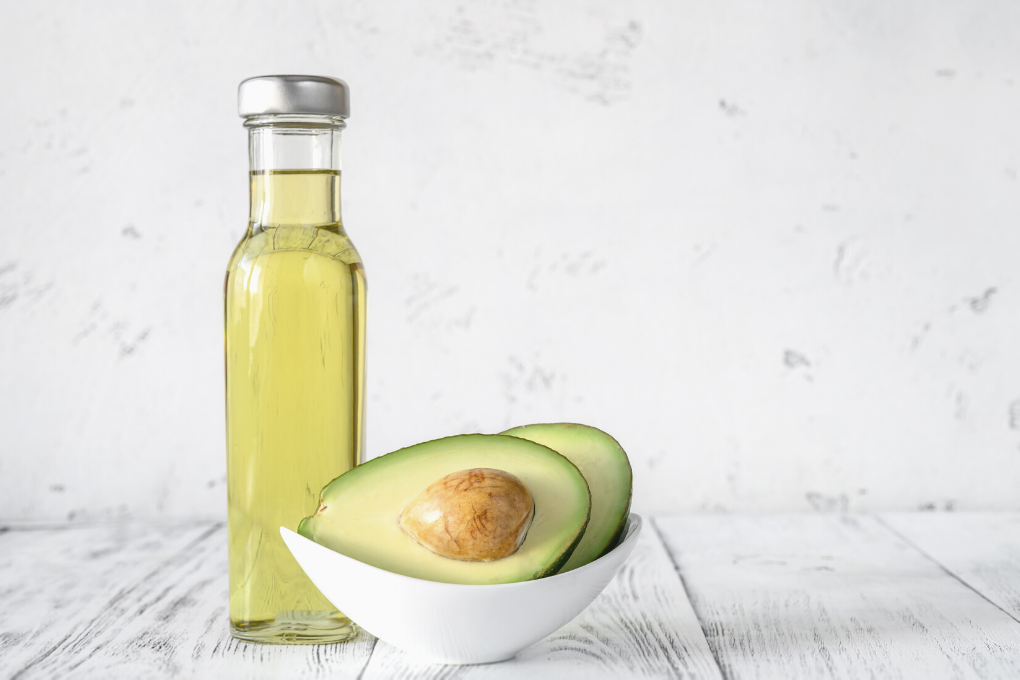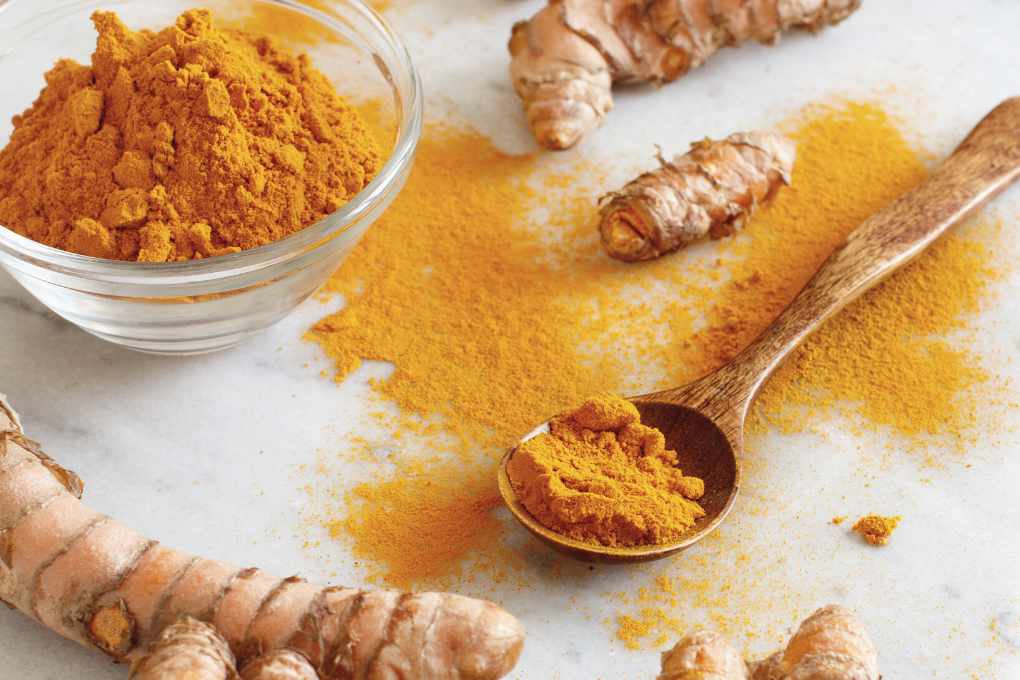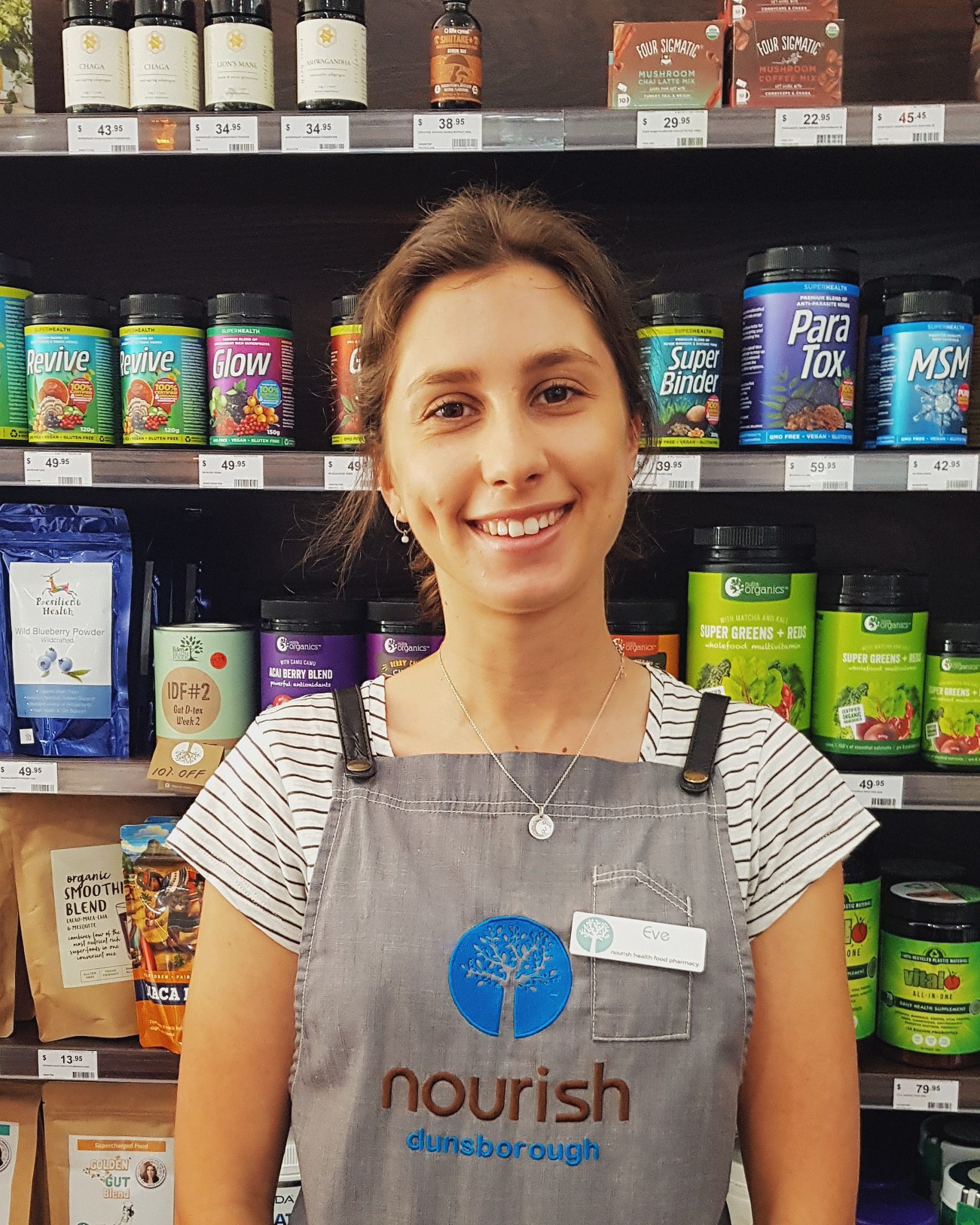Nutrition, Pain Management
Fighting inflammation naturally
What is inflammation?
Inflammation is a natural response in the body. A small amount of inflammation is completely normal and needed as part of the body’s immune response to fight harmful things such as infections, toxins, and injuries. It is when inflammation becomes chronic (long term) that it can cause systemic issues throughout the body.
Acute vs chronic inflammation
Acute inflammation is, as mentioned above, when the body uses inflammation for a short period of time to fight off something that may be harming the body, such as when you injure your ankle while running or cut your hand when cutting vegetables.
Chronic inflammation, however, lasts for a prolonged period which could be weeks, months or even years. This can be caused from an untreated injury or underlying health condition, long term exposure to irritants, or autoimmune conditions.
It is believed that 50% of the Australian population has a form of chronic inflammatory disease. The next section of this blog discusses what we can include in our diet to help long term inflammation, as well as some supplements that may help.
First things first, we want to identify what is causing the inflammation and eliminate this where possible! In most situations it is important to modify our dietary habits first, and then include additional supplements where necessary. Supplements are made to supplement in conjunction with a healthy, balanced diet, not replace it entirely!

Dietary modifications to fight inflammation
Limiting processed foods is the first step to decreasing inflammation. Unfortunately, these foods are consumed very regularly in the westernised diet and take up most supermarket shelves, making it hard to avoid them. Processed foods are inflammatory as they contain high amounts of saturated and trans fats, as well as sodium and added sugar. These components of our diet are what we need to reduce to decrease inflammatory responses.
Now we know how important our gut microbiome is for optimal health, and new research has shown that bacterium from the Bilophila genus living in our small intestine thrive when we eat saturated fats, such as those found in sausages and bacon. This is because when we eat high fat foods, our liver produces bile to break down and digest the fat, and these certain bacteria really like to consume this bile.
What we don’t want is for these bacteria to overpopulate our gut as they can cause inflammatory responses and increase our risk of chronic diseases. We can prevent this by reducing our intake of foods that have little nutritional value and are high in saturated fats, which will then allow for more wholesome foods in the diet – which are more beneficial in terms of nutritional content and feeding the other good bacteria in the gut.

So what should you eat? The diet that has the most research and evidence by a long shot is the traditional Mediterranean style of eating. This lifestyle even allows you to drink red wine and eat dark chocolate due to the high antioxidant content (in moderate amounts, of course)! It promotes:
- Regular intake of healthy fats (AKA unsaturated fats like avocado, nuts, seeds, extra virgin olive oil) which fight inflammation;
- Consumption of lean protein such as fresh fish, as well as legumes and beans
- Focusing on a diverse range of fruits, vegetables and all plant foods for vitamins, minerals, and antioxidants.
- Limiting processed foods
What supplements can help inflammation?
There are 3 natural remedies that are the go-to supplements alongside a healthy diet to combat inflammation. These are; a good quality omega-3, turmeric, and magnesium supplement. Lets have a look at each of these supplements in a bit more detail.

OMEGA 3 FATTY ACIDS
Omega-3 fatty acids, also known as the healthy unsaturated fats, are found in a wide variety of foods, including salmon, nuts, and seeds such as walnuts and flaxseeds, as well as avocado and tofu.
A good quality Omega 3 supplement is one that has sufficient doses of the 2 types, EPA and DHA, in a good ratio, and has been tested for heavy metals and pesticides. Come in and chat to the staff at Nourish if you are considering an Omega supplement, and we can show you some of our favourite trusted brands.
TURMERIC
The active component of turmeric ‘curcuma longa’ or curcumin is what exerts the anti-inflammatory properties that turmeric is known for. Research shows it is a great anti-inflammatory and pain reliever, however, it is a long-term solution rather than providing immediate relief, so taking it regularly is important to notice a difference.
Turmeric can interact with a few medications, such as blood thinning medication, so be sure to check with a health professional if you are considering taking this supplement.

MAGNESIUM
With over 300 different functions in the body, magnesium is a great supplement that most people could benefit from taking. A powdered form is recommended as has a much higher absorption rate by the body over other forms like tablets.
There are various forms of magnesium, one of the best on the market is magnesium bisglysinate as it has a high absorption rate. Magnesium can be helpful for a wide range of complaints such as joint pain, menstrual cramps and pain, muscle tension and headaches by working to reduce inflammation in the body. We have a wide range of magnesium supplements here at Nourish, to suit your specific needs.
So, in summary:
- Inflammation is a natural response in the body
- Limit processed foods and opt for plant based whole foods to decrease inflammatory response
- Good quality Omega 3, turmeric and magnesium supplements can assist in reducing inflammation in the body

Eve Bishop
Nutritionist
This blog post was written by Eve Bishop, Nutritionist at Nourish Health



